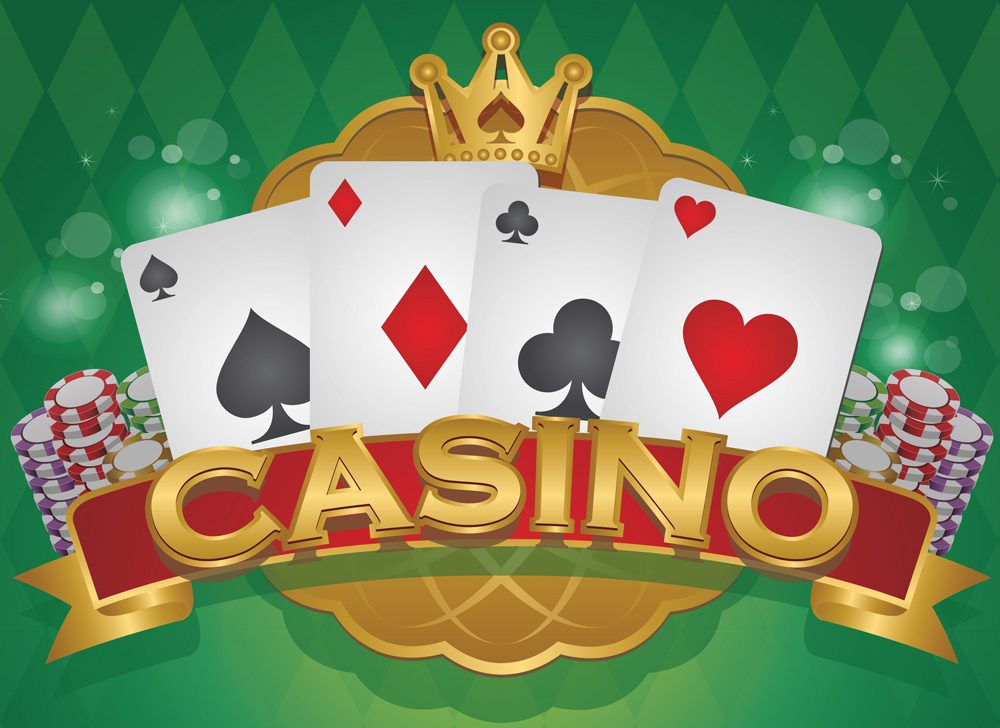
Casino gaming has long been a subject of interest and controversy, drawing in millions of players around the world. With a mix of chance, strategy, and the excitement of uncertainty, casino games offer an exciting escape from everyday life. However, as entertainment becomes ever more accessible, it calls for a more thorough examination of the morality surrounding these games. https://ww88.land/
At the heart of the discussion lies the question of whether casinos promote responsible gaming or take advantage of at-risk individuals. The appeal of potential winnings versus the truth of losses can create a complex dynamic, and understanding this balance is crucial for both players and operators. As we delve into the morals of casino gaming, we will explore the duties of casinos, the effects on society, and the measures that can be taken to foster a better gaming environment.
The Impact of Casino Gaming on Society
Gambling in casinos has a significant influence on the community, affecting not only the economy but also social behaviors and local frameworks. The income generated from casinos can lead to employment opportunities and boost regional economies, as they provide various employment opportunities in multiple fields including hospitality, entertainment, and shopping. However, while the financial benefits can be substantial, communities often struggle with the potential negative impacts that arise from increased gambling activity.
Moreover, the presence of casinos can lead to an rise in gambling addiction, presenting significant challenges for players and families. The thrill of casino games can quickly transform into a compulsive habit, affecting connections with others and leading to monetary issues. Many players may struggle with the loss of control over their gambling habits, resulting in a need for community support services and help to address this growing issue. The social cost of addiction can ripple through families and neighborhoods, creating an urgent need for sensible gambling approaches.
In addition to the economic and social ramifications, casino gaming often showcases cultural attitudes towards uncertainty and leisure. It can foster a sense of excitement and leisure, attracting tourists and boosting tourism. However, this allure may also conceal the wider implications of gambling as a form of entertainment, raising ethical questions about its advertisement and accessibility. As communities weigh the advantages and disadvantages of casino gaming, the need for responsible practices and oversight becomes increasingly critical in ensuring that the beneficial elements are maximized while reducing the negative effects.
Moral Issues in Betting Activities
The ethics of gambling gaming often revolve around the risk for dependency and its consequences on individuals and households. Betting can lead to significant monetary distress, impacting not only the betters but also their families. As individuals become caught in the appeal of winning, many lose track of their budget, which can result in catastrophic results such as insolvency. This poses moral questions about the duty of casinos in promoting responsible gaming habits and providing support for those who may be dealing with gambling addiction.
Another critical issue is the advertising of gambling to at-risk groups. Gambling establishments often aim at low-income people or neighborhoods with the promise of fast gains, which can perpetuate patterns of financial struggle and hopelessness. In this context, the ethics of marketing strategies used by casinos come under scrutiny, as they may take advantage of the desperation of people seeking an way out from financial hardships. This exploitation raises moral questions about the integrity of the betting industry and its obligation to protect its most at-risk patrons.
Additionally, the effect of casino operations on society as a whole cannot be ignored. While some argue that casinos create employment and boost local economies, others point to the social costs associated with dysfunctional betting, increased crime rates, and a strain on public services. Balancing financial advantages with the risk for social harm presents a complex moral dilemma for policymakers and gambling operators alike. The difficulty lies in discovering a ethical approach that takes into account the welfare of individuals and society while still allowing for the enjoyment of gambling gaming.
Regulation Framework and Responsibilities
The oversight system pertaining to gambling activities is developed to ensure equity, honesty, and gambler protection. Different government entities and gambling commissions establish and enforce regulations that dictate how casino games operate, the criteria for product creation, and the processes for managing rewards. These regulations differ by region but commonly involve permit requirements for operators and strict measures to prevent deception and scams. Nổ Hũ WW88
In also to governing bodies, gaming operators bear significant duty in maintaining moral standards within their facilities. They must adopt responsible gaming practices that support participant security and consciousness, including offering self-exclusion options and offering information about the risks connected to gambling. Establishments are also obligated for educating staff to spot signs of compulsive gaming and be aware of the proper measures to support visitors in trouble.
Moreover, transparency in gambling operations is essential for gaining and preserving public confidence. Gaming establishments should offer clear information about the probabilities of games, promotional deals, and any connected dangers. By fostering an culture of transparency and trust, casinos can help lessen the potential adverse impact of betting while improving the overall betting experience for all players.
